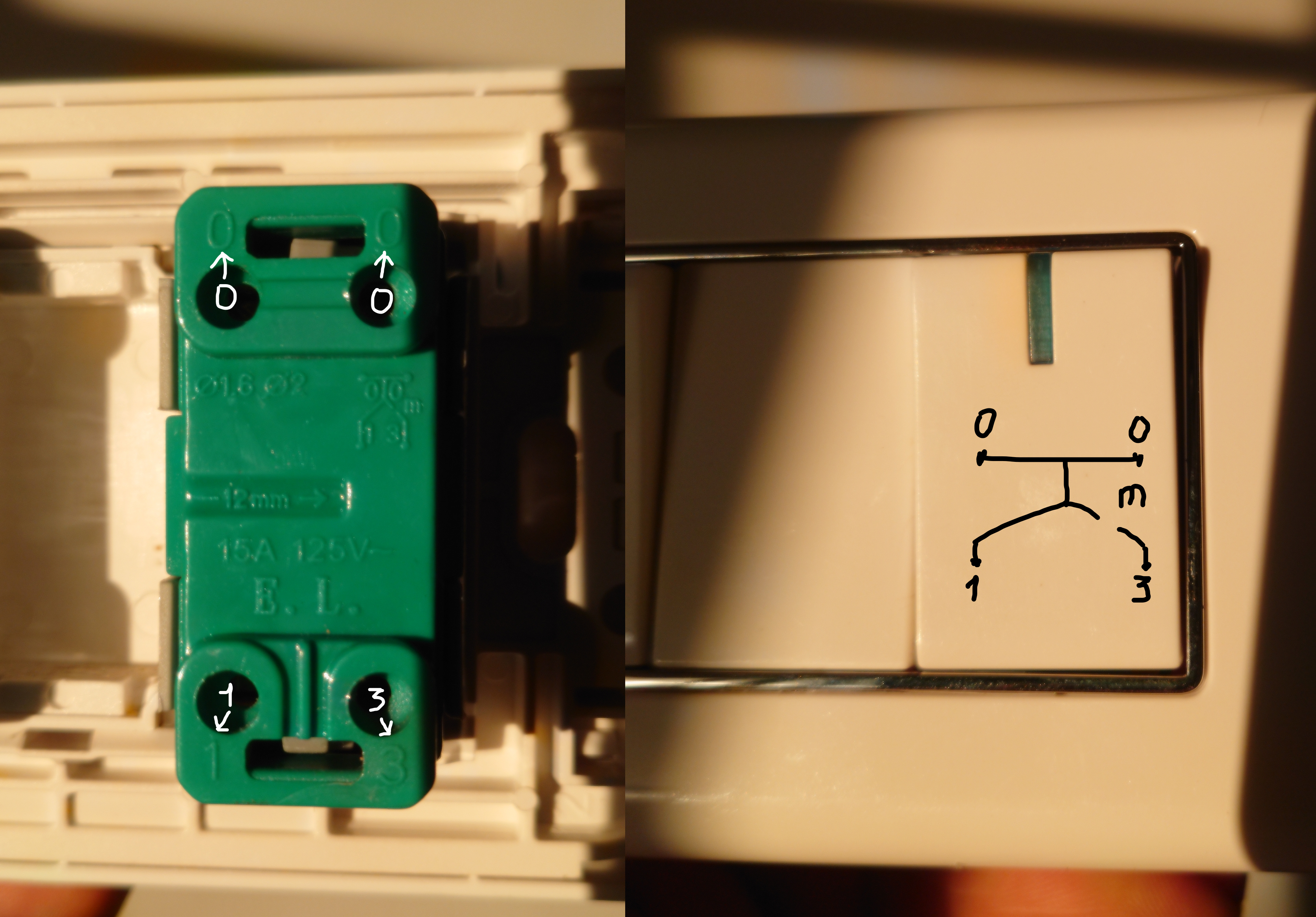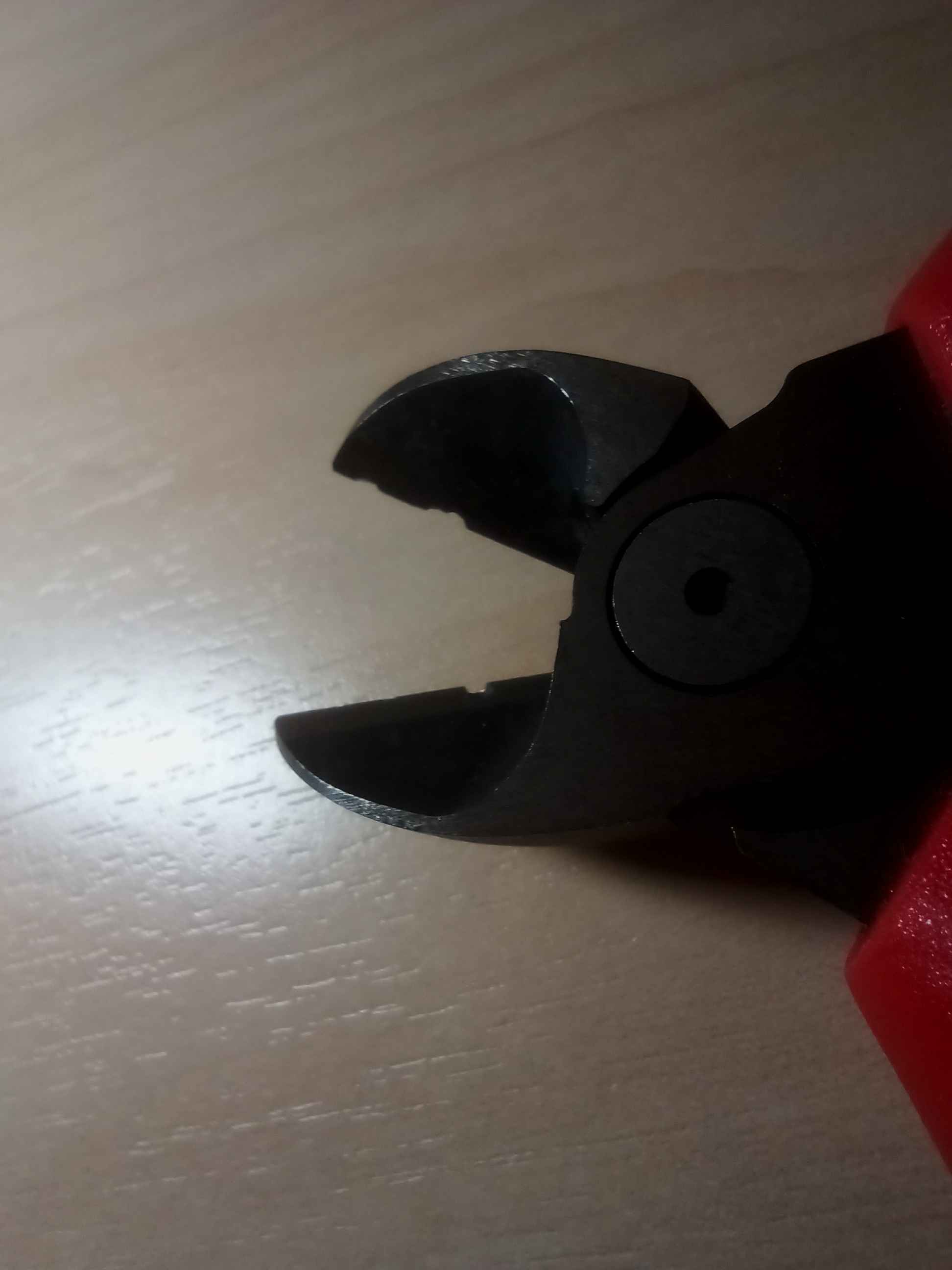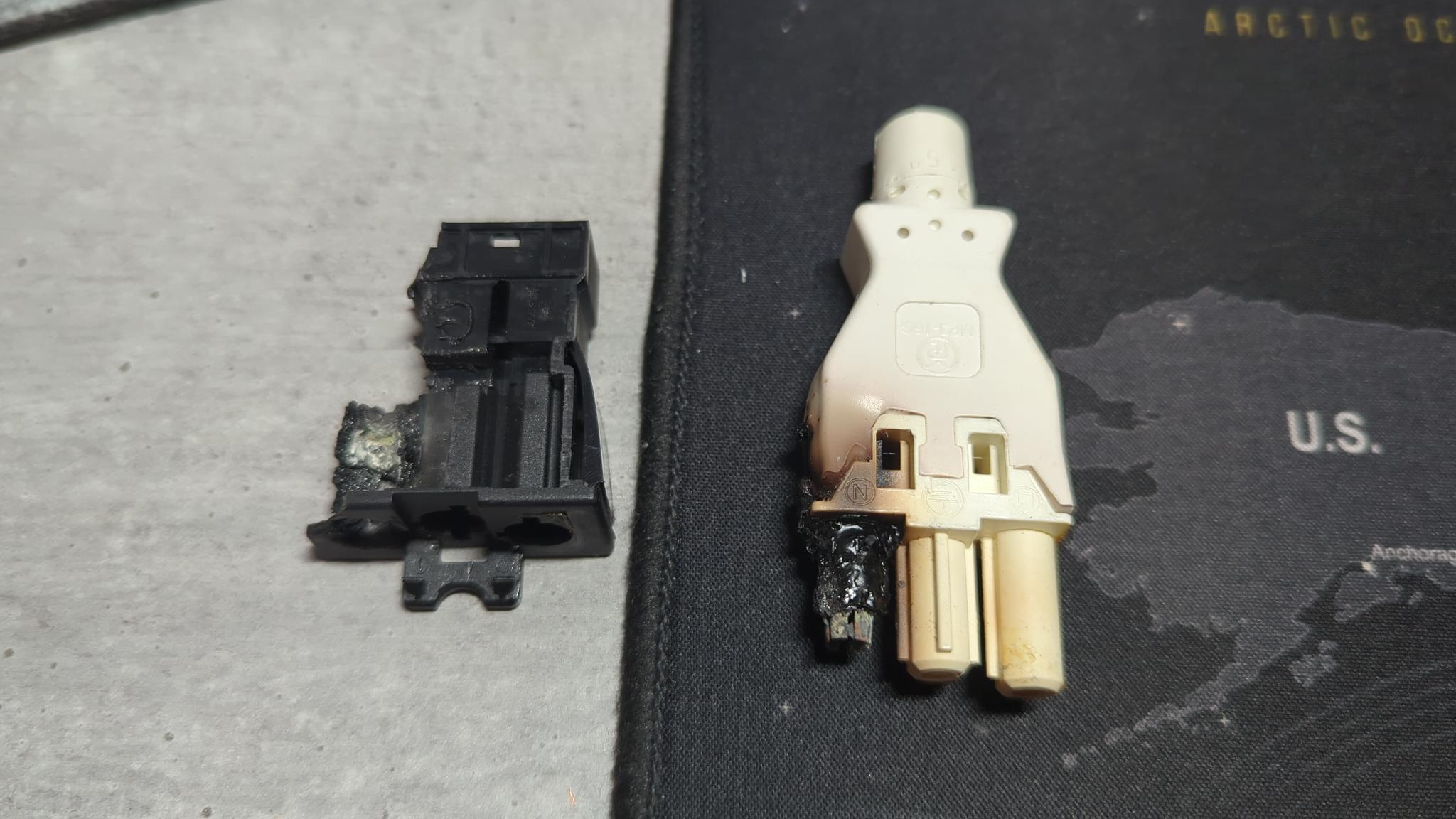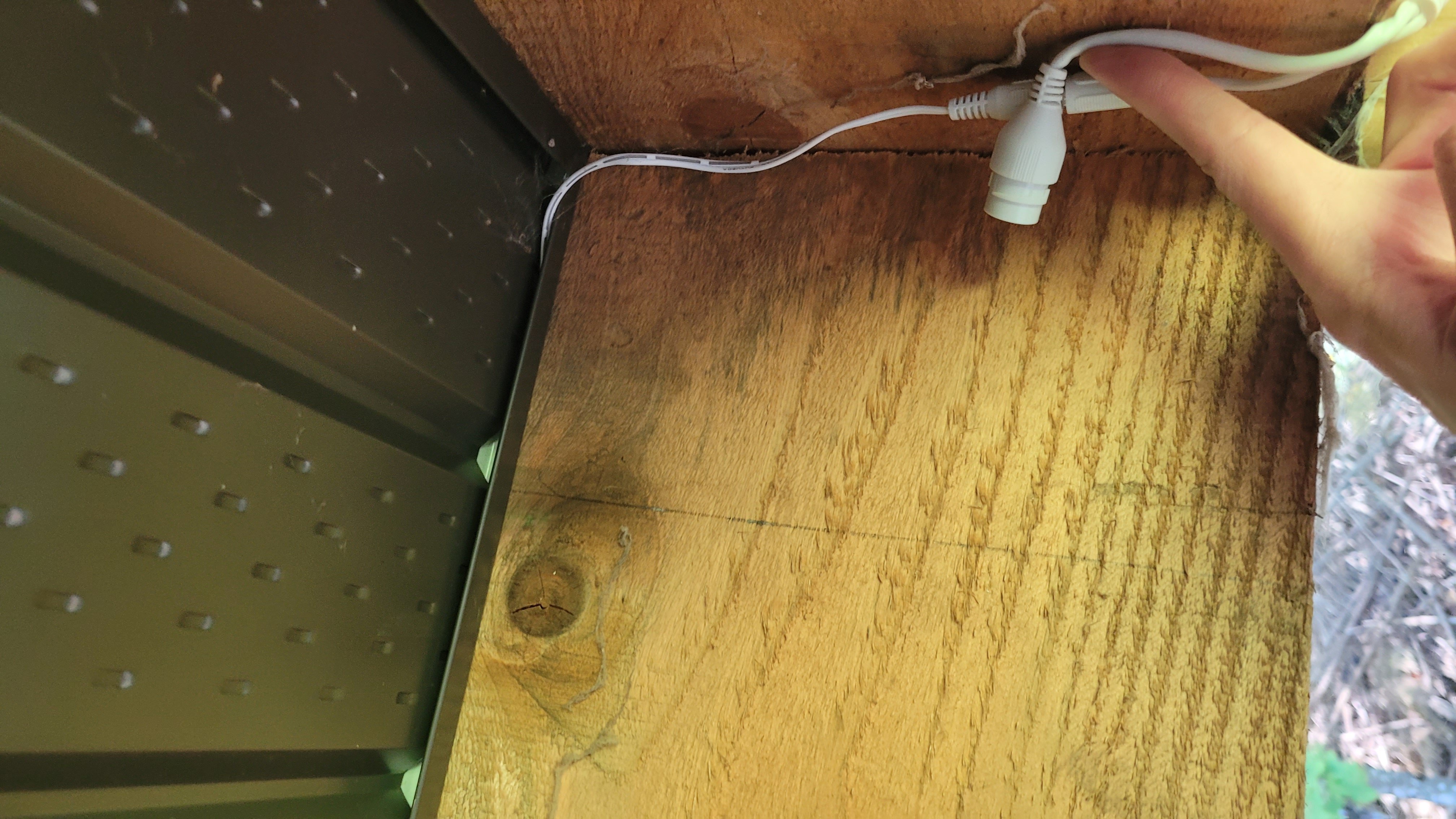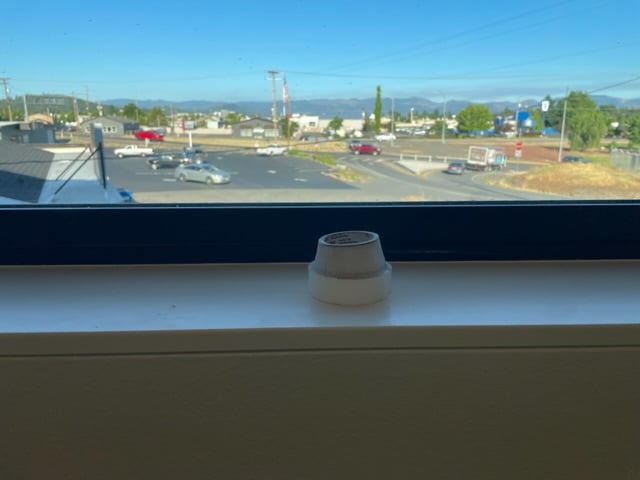1
2
3
4
5
6
7
8
35
If you use enough electrical tape, that counts as a junction box, right?
(pixelfed.crimedad.work)
10
11
12
13
14
15
16
17
18
19
20
21
4
Not an electrician, but I wired in my first receptacle for my new RV power converter
(lemmy.dbzer0.com)
22
23
24
25
view more: next ›
